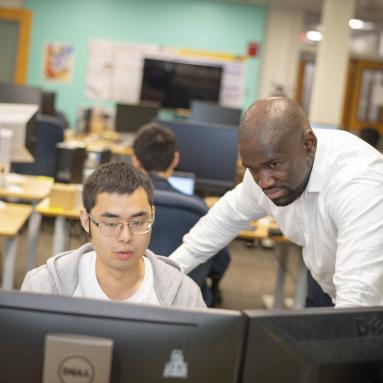AI, Data, and Robotics
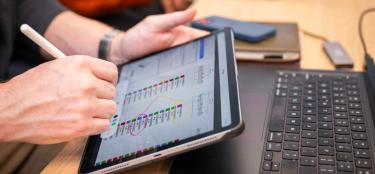
Research at the Intersection of the Physical, Digital, and Biological Worlds
Technologies empowered by wireless and wired systems are connecting people and devices like never before so that humans can work smarter, faster, and safer. At WPI, researchers focused on the Smart World of the future are developing ways to secure cyber networks from intruders, analyze weaknesses in integrated circuits, build robots to assist humans with diverse tasks in health care, improve learning and education, and much more.
Research at WPI
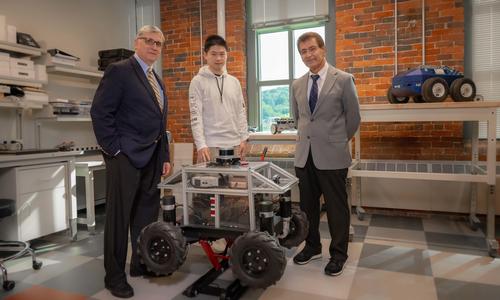
Autonomous Vehicles
Vladimir Vantsevich and Lee Moradi have established an Autonomous Vehicle Mobility Institute that is expanding interdisciplinary research into autonomous off-road technologies.

ROSE-HUB
Robots and Sensors for the Human Well-Being (ROSE-HUB) is an industry/university cooperative research center that bridges the gap between academic research and commercial robotics technology.
Facilities
Unity Hall
This state-of-the-art building provides a base for WPI faculty, researchers, and students to come together with partners from industry, government, and academia to develop solutions with computational methods and smart design to some of the world’s most pressing problems.
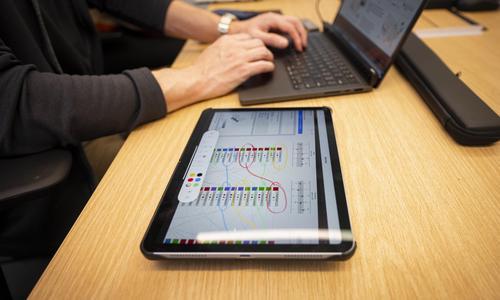
Academic & Research Computing
Researchers have access to and training on core facilities around campus. Everything from microscopes to high performance computer clusters are available, WPI supports the spaces and equipment that brings ideas to life.
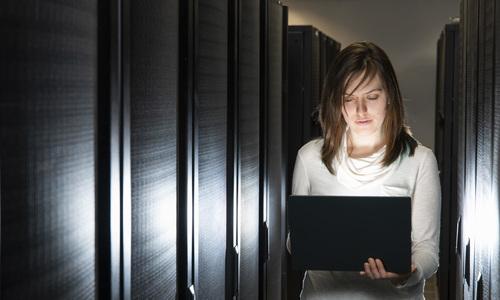
High Performance Computers
Science and engineering increasingly rely on numerical analysis and computational simulations to better understand complex phenomena. WPI researchers have access to a broad spectrum of high-end robust hardware and up-to-date commercial software.
The WPI Expert Database
Meet our WPI experts and senior administrators who are leaders in a wide range of fields, and are available to offer ideas, opinions, analysis, and commentary. From issues facing higher education to current events, trending topics, and breaking news, our WPI profiles contain detailed information to help members of the media find the most appropriate person for their needs.
